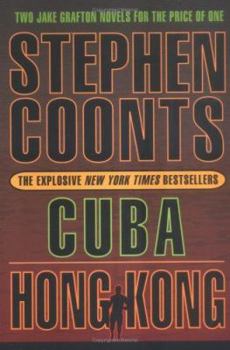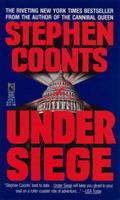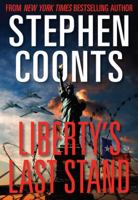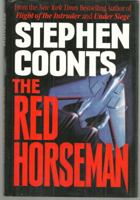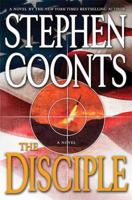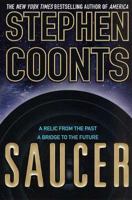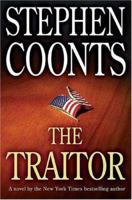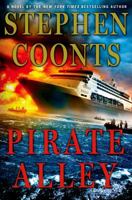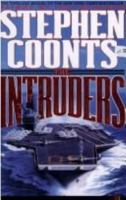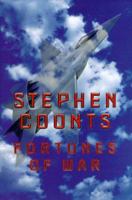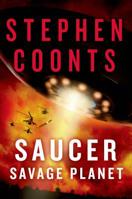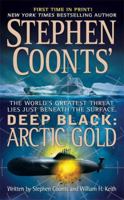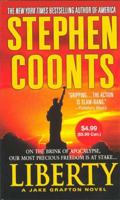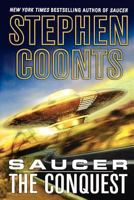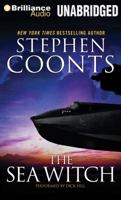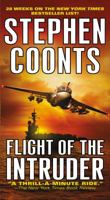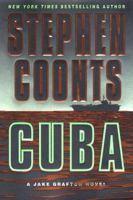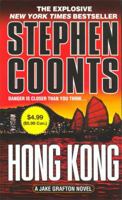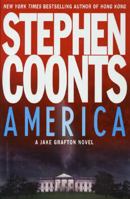Cuba / Hong Kong
(Part of the Jake Grafton Series and Jake Grafton & Tommy Carmellini Universe Series)
Select Format
Select Condition 
You Might Also Enjoy
Book Overview
Cuba Stephen Coonts' bestelling novels takes readers into the heart of harrowing, pulse-pounding action, whether on land, on sea, or in the air. Now, this master of full-tilt, blockbuster suspense turns into a lush setting 90 miles from U.S. soil. In Cuba, Fidel Castro lies dying. Human sharks are circling. And one man has his finger on the trigger of a weapon that will change everything...Admiral Jake Grafton is overseeing a shipment of nerve gas being transferred for a top-secret U.S. stockpile at Guantanamo Bay. But a power struggle inside Cuba has ignited an explosive plot and turned a horrific new weapon on the U.S. Now, Jake must strap himself into the cockpit of a new generation of American aircraft and fly blind into the heart of an island that is about to blow--and take the whole world with it... Hong Kong Jake Grafton takes his wife, Callie, along when the U.S. government sends him to Hong Kong to find out how deeply the U.S. consul-general is embedded in a political money-raising scandal. And why not? Jake and Callie met and fell in love in Hong Kong during the Vietnam War, and the consul-general is an old friend from those days, Tiger Cole.The Graftons quickly discover that Hong Kong is a powder keg ready to explode. A political murder and the closure of a foreign bank by the communist government are the sparks that light the fuse . . . and Tiger Cole is right in the middle of the action.When Callie is kidnapped by a rebel faction, Jake finds himself drawn into the vortex of a high-tech civil war. Drawing on the skills of CIA operative Tommy Carmellini, in order to save his wife Jake Grafton must figure out who he can trust-both among the Western factions vying for control of the volatile situation, and among the Chinese patriots fighting for their nation's future-and make sure the right side wins. This description may be from another edition of this product.
Format:Paperback
Language:English
ISBN:0312355610
ISBN13:9780312355616
Release Date:October 2005
Publisher:St. Martin's Griffin
Length:768 Pages
Weight:1.28 lbs.
Dimensions:1.2" x 5.6" x 8.2"
Customer Reviews
5 customer ratings | 4 reviews
There are currently no reviews. Be the first to review this work.










